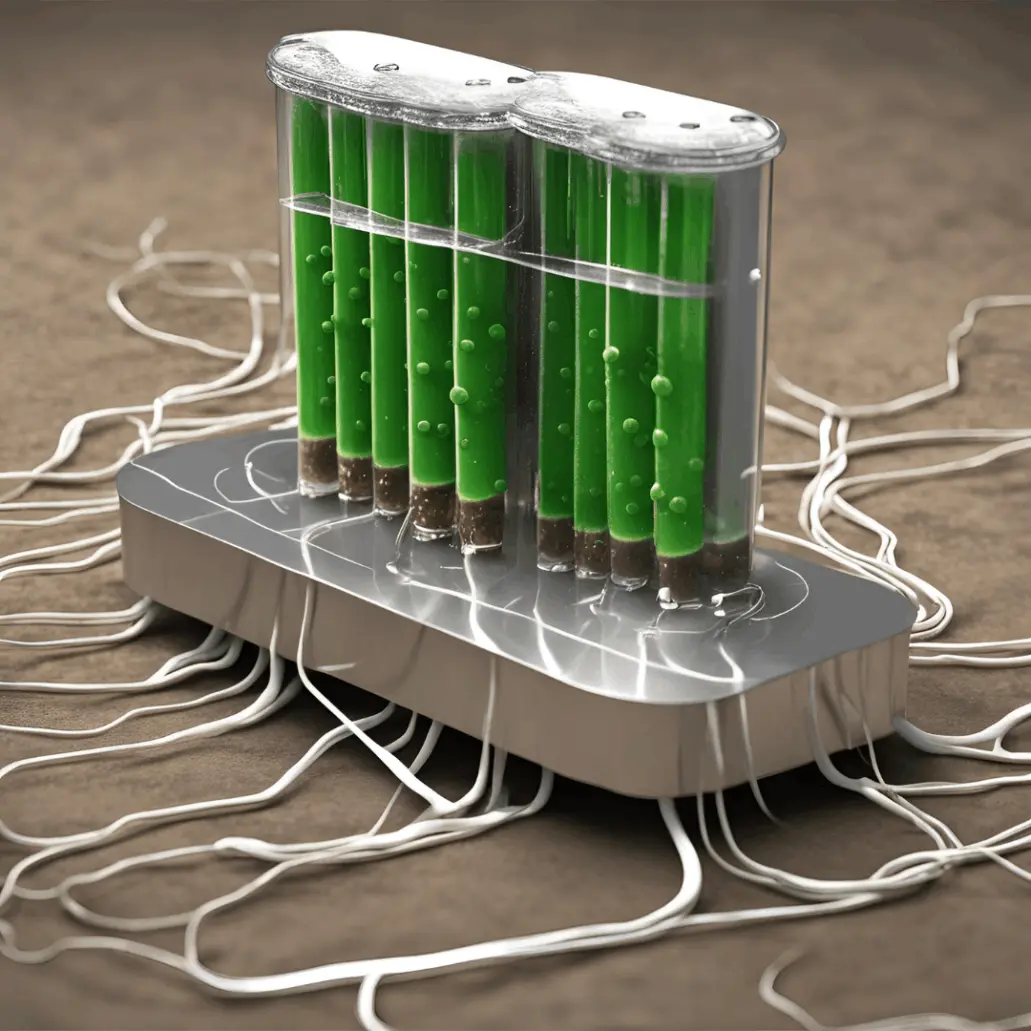
Biochemical Energy Harvesting: Revolutionizing Renewable Energy Solutions
In an era of rapidly advancing technology and growing environmental concerns, the search for sustainable and efficient energy sources has become paramount. While solar, wind, and hydroelectric power have dominated the renewable energy landscape, a lesser-known but equally promising contender is emerging from the depths of biochemistry: biochemical energy harvesting. This innovative approach uses the natural processes of living organisms to generate electricity, offering a new frontier in the quest for green energy.







